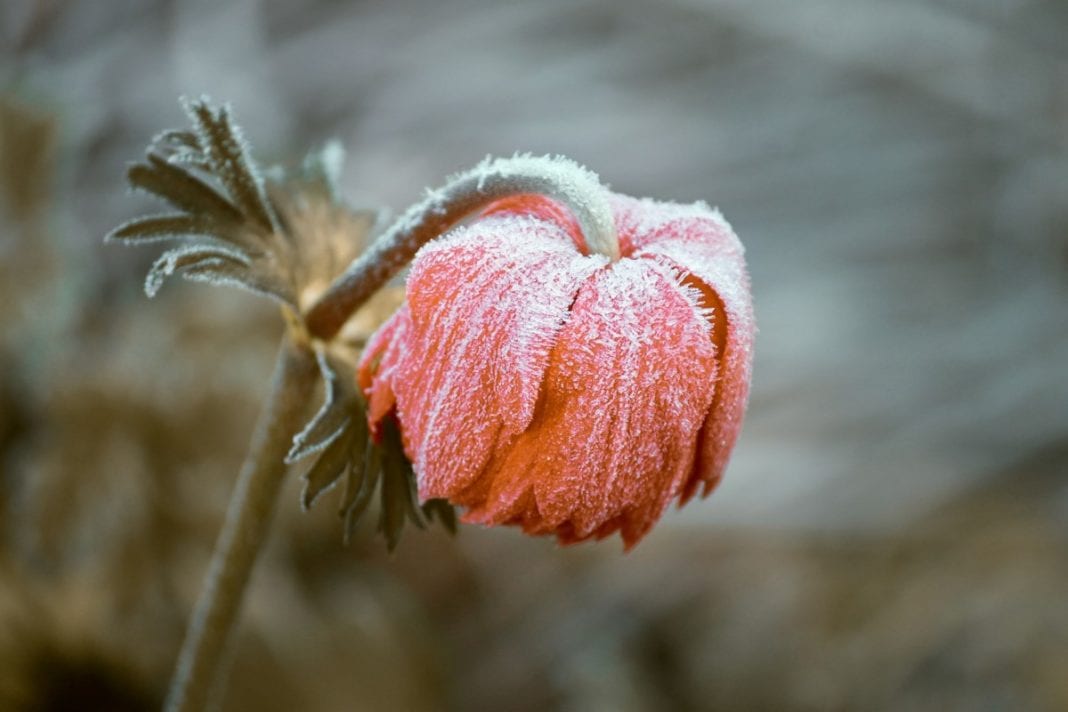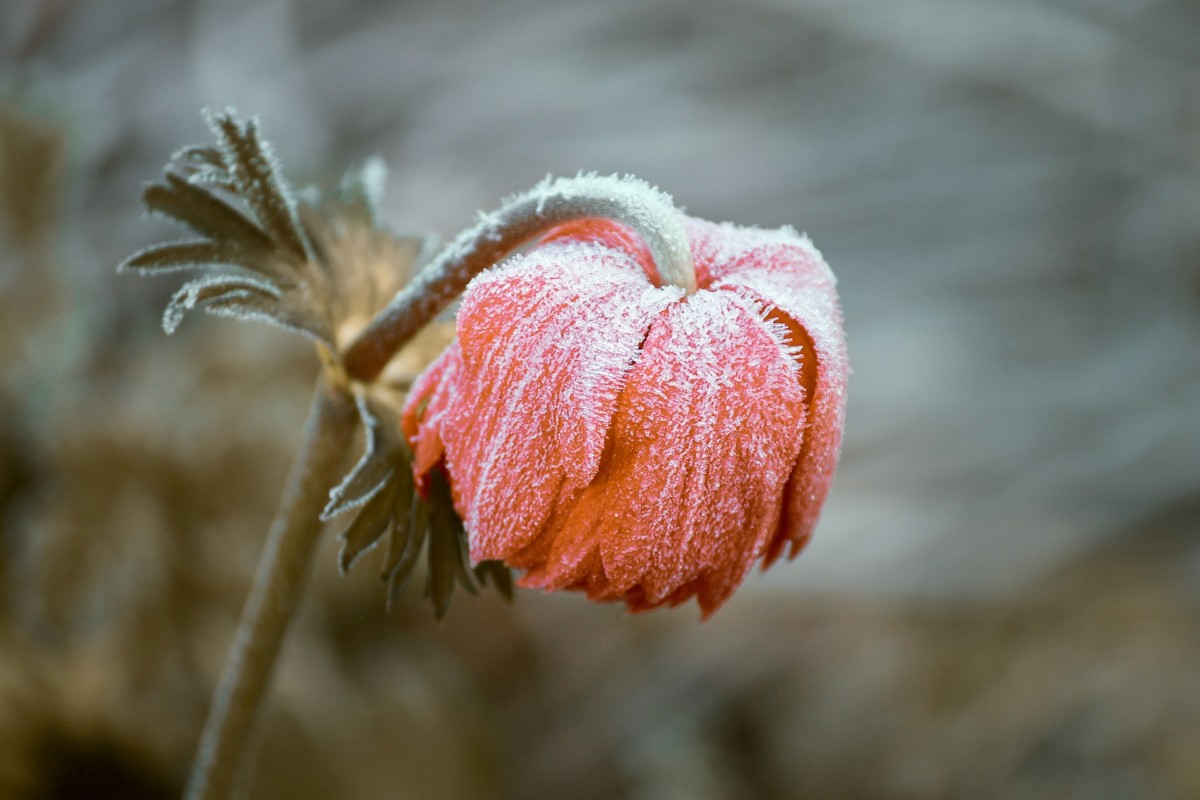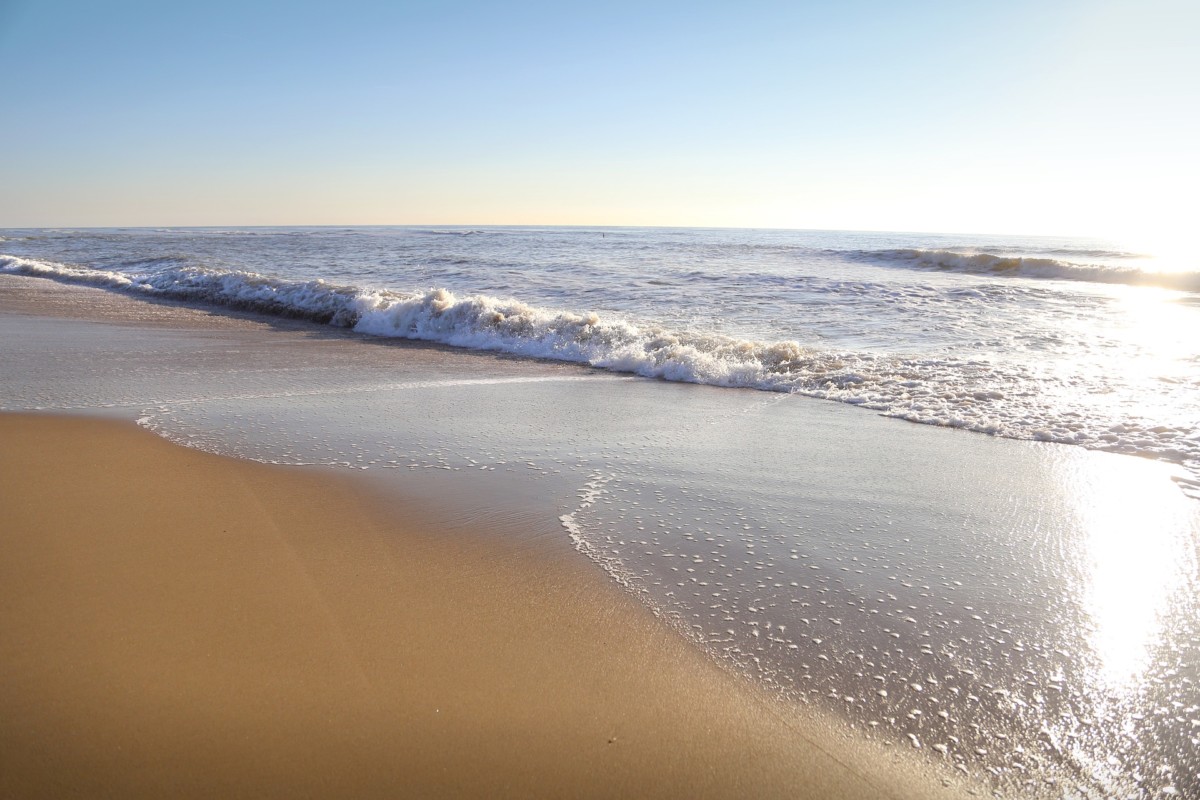Sub-zero temperatures, slippery driveways making you fear for your life, and chills running through your bones: the Dutch winter might have finally arrived, as did the first gritters. The weather is forecasted to fall below zero every night for the rest of the week, but with all the weather records being broken during the summer, what can we expect during the winter?
Over the years, as climate change has started taking its toll and people are taking notice a lot more, many are left wondering what winter has in store for them: will it be not as cold as last year, should they expect sub-zero temperatures every night for the whole season or if they should prepare for milder winters from here on out. The first frost has come and gone, but how different is it from the past?
Frost in the Netherlands
NU.nl set out to find out if it is completely normal to have the first frost of autumn, and how different it was from the past years. Of course, having frost, even in the milder winters, is normal.
According to Stephan Okhuijsen of Datagraver, the night frost season has reduced by a total of 30 days where the first frost of the season is almost 10 days later and the last frost is 20 days earlier than 75 years ago.
They also found out that the total number of days that frost occurs in a year has fallen from 80 frost days to around 50 days. So there is nearly a month worth of frost disappearing.
Met de eerste nachtvorst in aantocht hier een overzicht van het historische verloop van het aantal dagen in een jaar dat de temperatuur onder de nul graden zakt. Kijkend naar het langjarig gemiddelde zijn dat er nu bijna 30 minder dan 75 jaar geleden. pic.twitter.com/Ox48XUWyHo
— Datagraver (@Datagraver) October 29, 2019
TRANSLATION: With the first frost coming, an overview of the historical course of the number of days in a year [when] the temperature drops below zero degrees is approaching. Looking at the long-term average, there are now almost 30 fewer [days] than 75 years ago.
Why is the night frost season disappearing faster during the spring and not autumn?
There are two reasons why this might be the case, says Sluijter to NU.nl: the Netherlands’ proximity to the North Sea and the lack of snow during the late winter.
Lack of snow
Sometime around mid-March, the temperatures gradually start to increase and eventually transition into the summer season. As is expected, it is not cold enough for snow to occur. This gradual increase in temperature means that it can take a while before the last frost can occur. So any changes to this gradual increase also affects when the last frost happens. The frost occurs closer to the winter months as the average temperature starts to increase. For this year, it is twenty days earlier.
“It is the other way around in the fall,” Sluijter continues. “The minimum temperature drops much steeper down from October to December. Heating will cause a slight shift in the first night frost – but for the time being no more than ten days.”
Proximity to the North Sea
The season that precedes autumn and winter is summer. We saw a lot of weather records broken where we experienced some of the hottest days ever and multiple heatwaves. When temperatures are soaringly high, the North Sea naturally gets heated up.
It stays warm well after the summer season has ended and so the temperatures are still high in the Netherlands during September. Once we have finally bid adieu to warm weather, and the days start getting shorter and the nights are longer, there is a higher chance of sub-zero temperatures in the night. But Sluijter at KNMI says that it is coldest only towards the end of the night – sometimes even coinciding with the time of dawn.
But in the spring in March when the nights are shorter, the timeframe within which it would be optimum for freezing temperatures is much smaller. Therefore, it is easier for it to get warmer and naturally transition into the summer months than it is for the temperatures to drop and transition into autumn.
What do you make of this? Let us know in the comments below!
Feature Image: Manfred Richter/Pixabay





